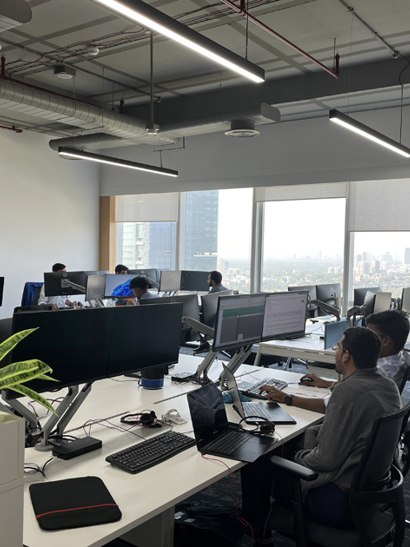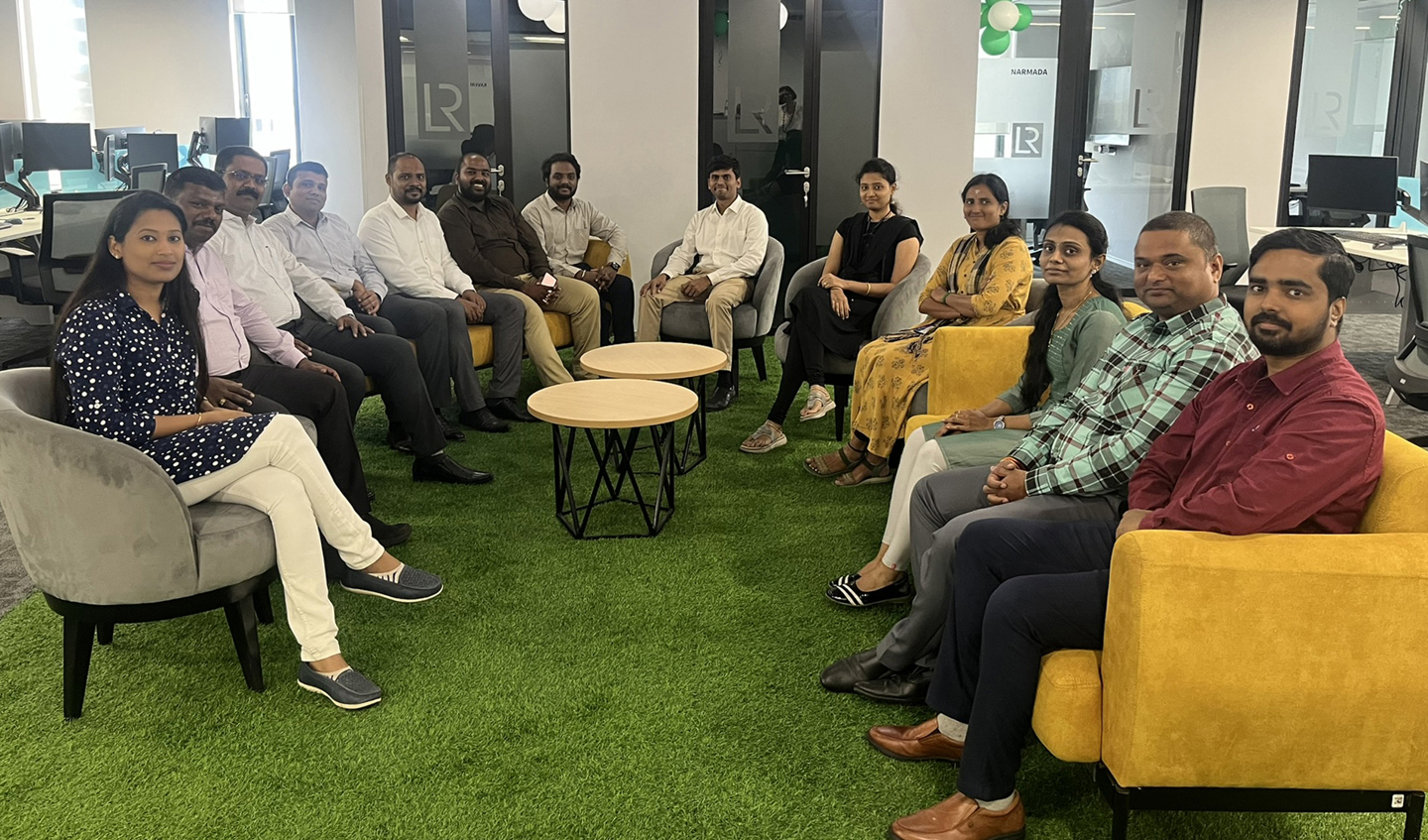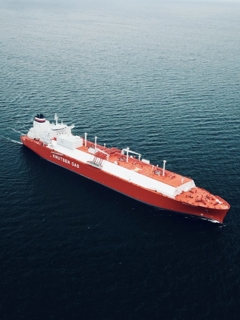Remote survey capability was a mainstay for shipping during the COVID-19 pandemic and with appetite for remote survey options holding firm, LR has taken further steps to enhance these services, with the opening in August last year of a new, dedicated digital survey centre in Chennai, India.
The India Remote Survey Team of 18 experts is at the centre of a newly formed Global Digital Survey Centre (GDSC) which manages remote surveys across Americas, South Asia, Australasia, the Middle East and Singapore, with plans for more regions’ digital surveys to be overseen by the team in the coming months.
LR introduced remote surveys to its clients in 2018 and since then they have gained traction within the industry. The expansion of LR’s remote survey capabilities is driven by clients’ increasing interest in what is possible, LR’s Digital Survey Team Lead, Srikanth Saripaka tells Horizons, with the speed at which remote surveys can be organised and carried out and the economic benefits being the main drivers.
“Clients have been quick to see the possibilities,” says Saripaka, adding that LR has carried 1,100 remotes surveys since August. “Many shipping stakeholders are keen to take advantage of technology and advance digital classification solutions, with the potential to eventually offer continuous and smart monitoring of ships,” he explains. “It’s a lot further down the line, but certainly possible.”
Safety will always be the absolute priority to LR and will never be compromised, however, where appropriate, remote surveys are already just as effective as in-person surveys, says Saripaka, adding that, “right now the focus is exploring more remote survey categories and opportunities”.
Ship managers and owners, flag states and ship builders are amongst the industry stakeholders increasingly choosing this option where available.
“For shipowners, managers and yards, remote surveys bring a very real reduction in travel and logistic efforts and far fewer operational disruptions, which results in the process being very cost effective,” explains Saripaka. He adds that remote surveys are especially useful if the vessel is in a remote or difficult location as it does away the cost and time associated with sending a surveyor out to a vessel. “Flag states, meanwhile, appreciate the increasingly efficient handling of exemptions and dispensations,” he says.


Why India?
India has a rich talent pool of naval architects and engineers and with plans to expand the team as demand increases, access to a qualified workforce was a key driver in LR’s decision to locate the GDSC in Chennai. The Chennai team currently includes:
- Senior surveyors with significant experience in new construction, marine engineering consultancy, ship recycling, existing vessels and vessel audits,
- Surveyors from other IACS (International Association of Classification Societies), naval architect and chief engineers,
- And assistant surveyors who have gained experienced as second and third engineers on a wide range of vessel types.
“Maritime technical and engineering knowledge and qualifications are essential for a career as surveyor and they must learn to analyse and interpret the data they are given and make informed decisions,” asserts Saripaka. “It’s the same principal when working in the GDSC. The difference is that you look to technology to deliver the information to you, so additional skills are required to effectively work with this.”
Saripaka is enthusiastic about the potential for remote surveys and he and his team are working to make the whole process — from booking a remote survey on LR’s Class Direct online portal, to the point where the case is closed — more responsive, consistent, streamlined and efficient.
And as technology advances so will LR’s remote survey applications. “Increased connectivity between ship and shore is improving constantly and this opens up further opportunities to expand the remit of remote surveys,” he says. “Advancement of vessel digitalisation, including more sensors, data transmission, and other digital systems, will further enable our digital class offers.”







